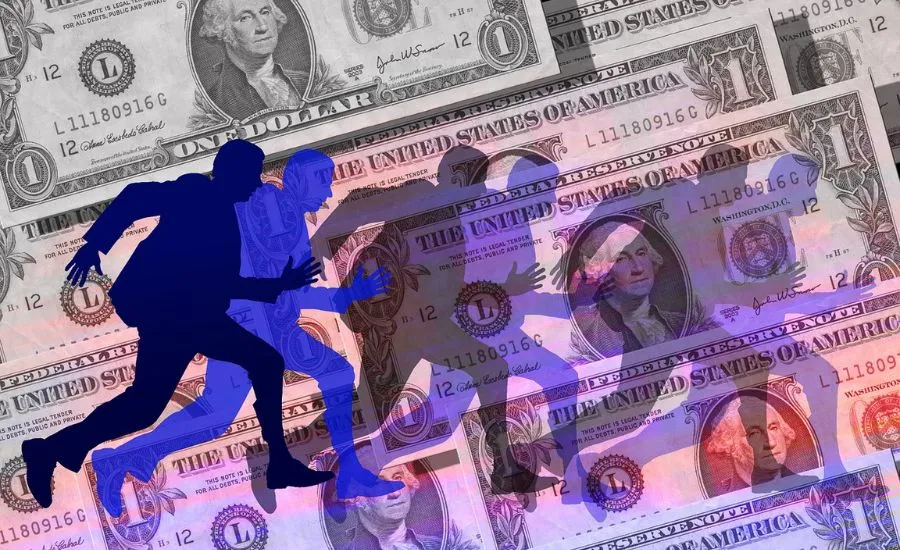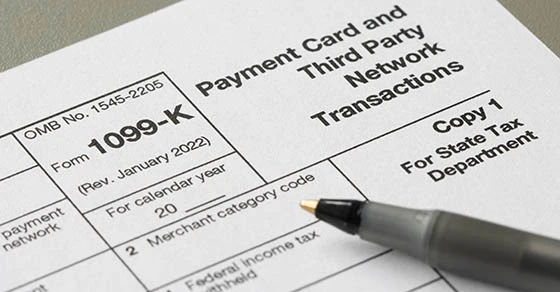The debate over wealth taxes is getting heated again. Should very rich people and tycoons pay more?
President Biden intends to “raise some taxes” when he presents his FY 2024 budget proposal. Biden stated in a recent speech that tax increases should target the wealthiest taxpayers, a strategy that has been adopted or recently proposed in some states. As a result, as you worry about the tax deadline in 2023 and try to pay as little tax as you can, the wealth tax debate is getting heated up once more: should billionaires and millionaires pay more?
Biden’s tax on billionaires: Wealth tax: what is it?
It is beneficial to understand what a wealth tax is and how Biden’s proposed “billionaire minimum tax” would operate, regardless of your position on the wealth tax debate.
Typically, wealth taxes calculate an individual’s net worth or the market value of their assets. Therefore, wealth taxes are more than just about a person’s annual income. This is in part due to the fact that investments, which are taxed at a lower rate than earned income, are the primary means by which the extremely wealthy accumulate wealth. For taxpayers with lower and middle incomes, earned income—which includes wages and salaries—is typically the primary source of funds.
In Biden’s budget proposal, households with a net worth of more than $100 million would face a minimum tax rate of 20%. As a point of comparison, the wealthiest taxpayers in the United States reportedly pay an average tax rate of 8%; consequently, President Biden is basically proposing a tax increase of approximately 12% for the wealthiest taxpayers.
During his State of the Union address to Congress earlier this year, Biden referred to the tax proposal as “the minimum tax” and stated that it would “make sure that the wealthiest Americans no longer pay a tax rate lower than teachers and firefighters.” Biden has stated that his administration will not implement tax increases on individuals who earn less than $400,000 annually.
How much do the richest Americans owe in taxes?
According to data from the federal government, so-called “working people” pay about 99% of their taxes on wages and salaries.
On the other hand, according to the White House, the wealthiest taxpayers are able to defer paying taxes on a portion of their income—roughly 20%—which results in their average tax rate is quite low in comparison to their wealth. In addition, the top 1% pay a much lower tax rate than those with lower or middle incomes.
For instance, a ProPublica report from 2021 stated that the 25 richest Americans actually paid no taxes. Concerning the privacy of taxpayer data, the ProPublica analysis sparked controversy when it was first published. However, the data made some people aware of the ways in which the extremely wealthy can sometimes evade federal taxation.
So, why is this all important?
In fact, there is a wealth disparity in the United States. The richest 1% of Americans own about 30% of the wealth, whereas the poorest 50% hold just over 3%.
Proposals for state wealth taxes In light of wealth inequality, some states have wealth taxes in place. While others want to “tax the rich.” For instance, Massachusetts now has a “millionaires tax” because voters approved a change to the state constitution earlier this year. Bay State residents with taxable income exceeding one million dollars can expect a 4% increase in Massachusetts income tax. Massachusetts as of late returned billions in abundance income to qualified occupants through 62F duty discounts.
Additionally, wealth taxes have recently been proposed by legislators in Washington, California, Connecticut, Hawaii, Illinois, Maryland, Minnesota, and New York.
- Washington State proposes 1% tax on asset values above $250M net worth threshold for its residents. The state of Washington does not levy income taxes.)
- Taxpayers in Hawaii who have assets totalling more than $20 million would be subject to Hawaii’s Wealth Asset Tax. The annual tax would be one percent of net worth. The state senate committee recently approved Senate Bill 925, also known as the bill.
- A recent wealth tax proposal in California targets a 1% tax on individuals with a net worth of $50M+. California’s extremely rich people would be dependent upon a 1.5% expense. ( Governor Gavin Newsom opposes the current wealth tax proposal, and a recent attempt in California to tax the wealthy to help subsidize electric vehicles failed in the state’s midterm elections in 2022.)
- Illinois proposes 4.95% annual tax on resource acquisition, treated as income under an abundance charge. Adopting wealth tax proposal could raise $510M in the first year in Illinois, a state with a flat tax.
- New York and Connecticut’s “wealth tax” bills would increase state taxes on capital gains, dividends, and interest income.
Predicting the implementation of any of these state wealth tax proposals is difficult. Some oppose wealth taxes, despite surveys showing Americans’ support, highlighting controversy over “taxing the rich.” Wealth taxes‘ fairness, legality, and effectiveness in closing the wealth gap remain a persistent question.
In conclusion, Biden’s proposed wealth tax would target the ultra-rich and be an annual net worth tax. While there are potential benefits to such a tax, such as addressing economic inequality and raising revenue for government programs, there are also concerns about accurately assessing the net worth and the potential for capital flight. The likelihood of the tax becoming law is uncertain, but it will continue to be a topic of discussion in the coming months as the Biden administration works to address economic inequality and raise revenue.
The tax laws are very complex. Our short blog articles can only partially cover all the rules and nuances. Your specific facts may hold various opportunities and possible risks that only trained, and highly qualified tax specialists can spot. We encourage you to find such help, rather than trying to figure it all out alone. Consider trying the IfindTaxPro marketplace by posting your project and signing up here.
If you are a licensed tax professional interested in helping others either part or full-time, or ad hoc, come on in! Happy to have you. Our marketplace has the full suite of tools to communicate with clients including compliance calendars, task and message management, and billing. You can also quickly connect to knowledgeable colleagues who can complement your services with the ones you do not provide. Register here.









2 Comments
Notable Tax Changes in Biden's 2024 Budget
[…] Biden also wants billionaires to pay a minimum tax. Some of the reasoning behind this “wealth tax” is that wealthier taxpayers can often […]
How the Wealth Tax that Biden Wants to Implemen...
[…] The debate over wealth taxes is getting heated again. Should very rich people and tycoons pay more? […]